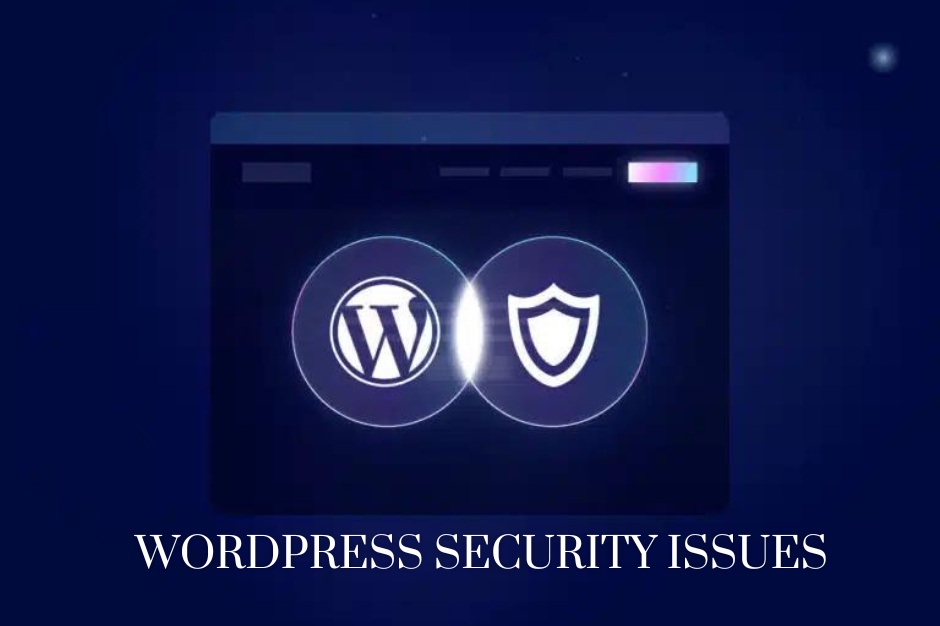WordPress is a popular content management system that allows website owners to easily establish and maintain their online presence. WordPress websites, on the other hand, are routinely targeted by hackers and cybercriminals looking to exploit security flaws.
The following article will examine the top five risks to WordPress websites, as well as practical suggestions and approaches for dealing with them. By using the following suggestions, you can ensure that your WordPress site is well-secured and protected from common security risks.
Unsecured Login Form
One of the simplest ways for hackers to gain access to a WordPress website is through the login form. Attackers can acquire access to a website's backend by guessing users and passwords frequently.
To prevent this kind of attack, the login form must be well protected. Using a WP Login Lockdown is a simple option. This plugin limits the number of login attempts from a specific IP address and locks out that IP address after a set number of failed login attempts. This can help to prevent brute force assaults and increase your website's security.
The absence of a valid SSL certificate
An SSL certificate is a digital certificate that encrypts data transmitted between a website and its visitors. This has the potential to store crucial data such as login credentials, financial information, and personal information.
If your website does not have an SSL certificate, data exchanged between it and its visitors is vulnerable to data hijackers. To avoid this, ensure that your website has a valid SSL certificate.
One option is to use a plugin like WP Force SSL. All non-HTTPS inquiries are immediately forwarded to HTTPS, ensuring that all data sent between your website and its visitors is safe and secure.
WordPress, themes, and plugins without support
WordPress is a platform that is always evolving, with new features and security updates being released on a regular basis. Your website may be subject to security concerns if the WordPress core, themes, and plugins are not frequently updated.
It is critical to keep WordPress, themes, and plugins up to date to avoid this. This can be done manually or automatically by using plugins that are designed to upgrade WordPress and plugins to the most recent version.
The existence of obsolete content, outdated or low-quality links, broken links, and URL typos can affect website traffic, user engagement, and conversions dramatically. Fortunately, WP 301 Redirects may effectively address these issues and prevent any detrimental impact on your website's performance.
WP 301 Redirects can help you improve your website's user experience and search engine ranking by redirecting obsolete or broken links to fresh, relevant pages. It can also prevent potential customers from abandoning your site due to URL issues or outdated content by redirecting them to the right page or updating information.
Upkeep and adjustment are usually required when running a website. Different issues may arise as you make adjustments, rendering it inaccessible and undesirable for guests. You can use the WP Maintenance plugin to place your website into maintenance mode throughout the update process to avoid giving your users a bad experience.
No Regular Backups
A lack of backups is another important safety risk. If you do not maintain a backup, your website is vulnerable to data loss due to server crashes, hacking, or other unforeseen catastrophes.
To protect against this, it is critical to back up your website on a regular basis. This can be done manually or with the assistance of certain plugins that automatically backup and store your website in the cloud.
Final Words
In conclusion, there is no doubt that WordPress websites are exposed to a wide range of security threats. Website owners, on the other hand, may defend their sites from the most common security risks by using best security practices such as safeguarding the login form, using a proper SSL certificate, keeping software up to date, using strong passwords, and periodically backing up their sites. Furthermore, regularly monitoring website traffic and staying up to current on the newest security trends and vulnerabilities can assist website owners in staying ahead of possible security issues.


No comments yet